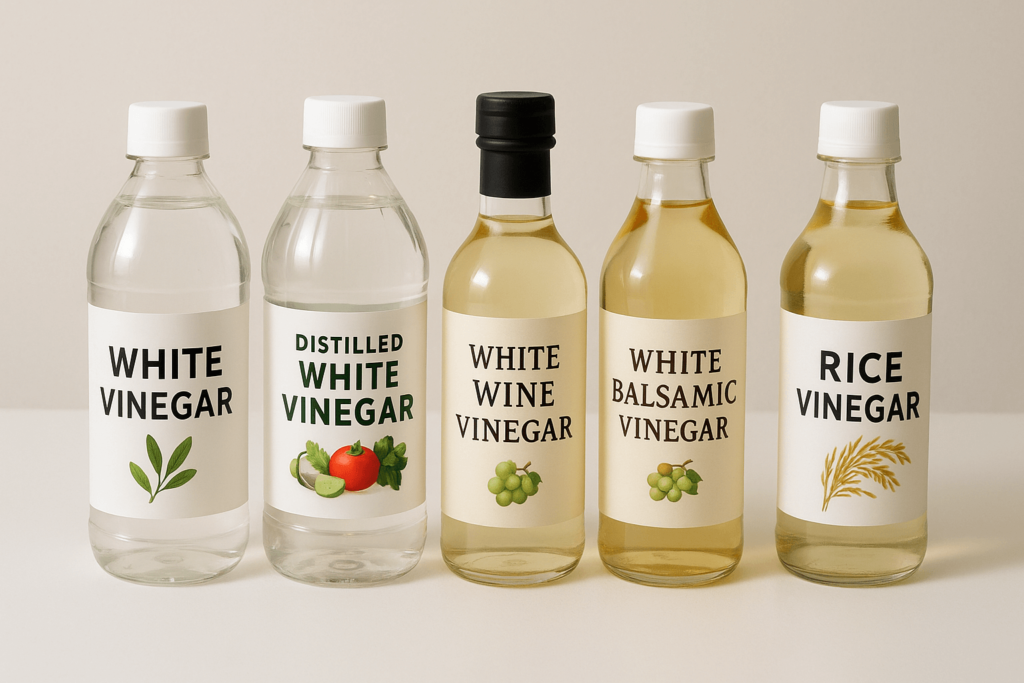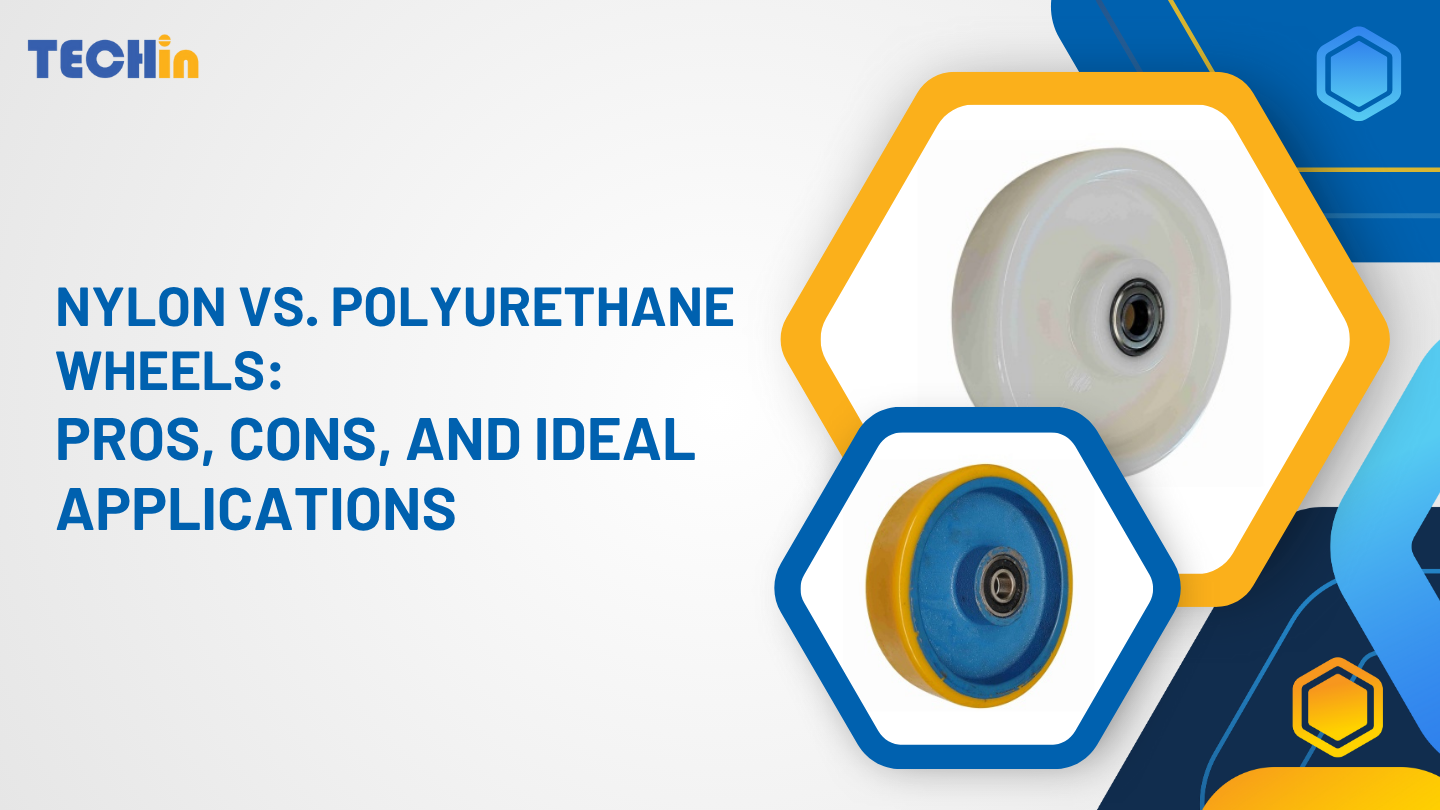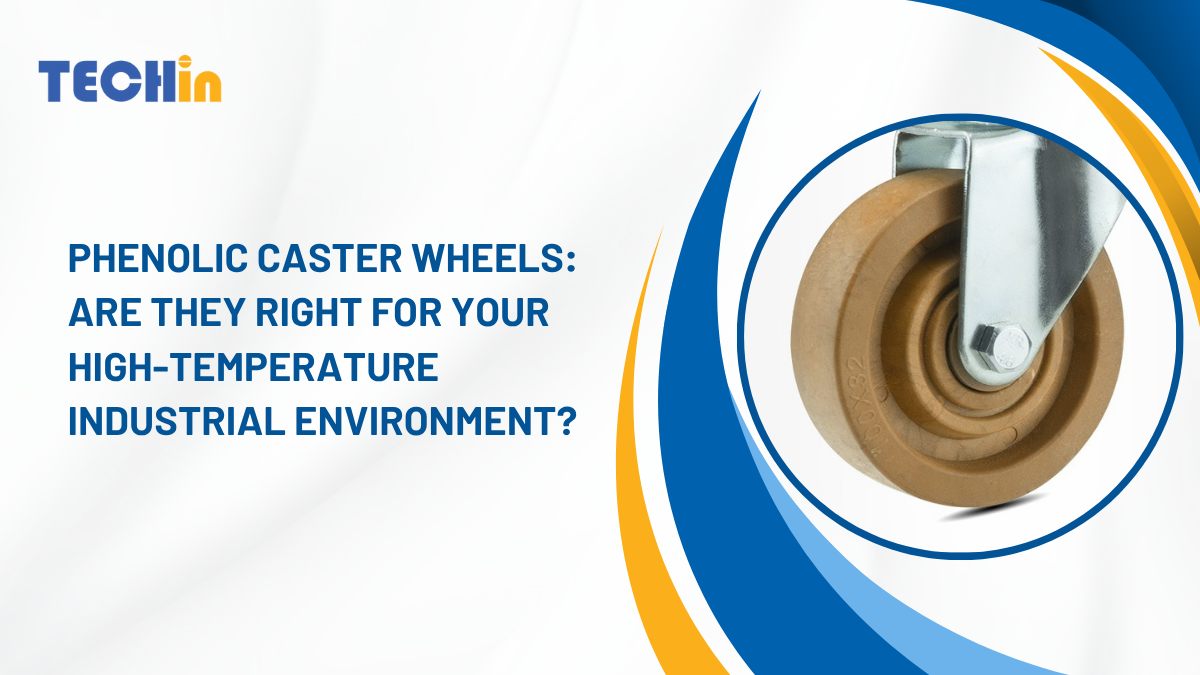Worried about your caster wheels not rolling smoothly? Rust and corrosion can make them a pain.
Cleaning rust and corrosion off your caster wheels is key to keeping them rolling. You can do this by wiping them down, soaking them in soapy water, scrubbing with steel wool, and even using vinegar.
Want to know how to clean those rusty wheels? Keep reading to find out how.
What tools do you need to Clean Rust and Corrosion from Caster Wheels?
Is rust buildup on your casters stopping you from moving freely? You need the right tools to get them clean.
To clean rust, you’ll need rags, warm water, soap, fine steel wool[^1], and maybe some white vinegar[^2]. Gloves are also a good idea to protect your hands.
When I’m gearing up to tackle rusty caster wheels, I make sure I have all the right tools on hand. It makes the job smoother and more effective. First, I grab a rag to wipe off any loose dirt or gunk. This keeps the cleaning water cleaner for longer. Then, I fill a bucket with warm water and add some mild soap. It helps loosen the tough grime. After that, I get my fine steel wool ready. It will scrub off the rust without scratching the metal too much. Also, I keep white vinegar on hand for soaking really rusty wheels. Gloves? Definitely wear them to avoid getting your hands dirty or irritated by the cleaning stuff. Using the right tools makes the job easier and keeps me safe.
Here’s a list of my must-have tools:
| Tool | Use |
|---|---|
| Rags | Wiping away dirt and debris |
| Warm Water | Soaking and rinsing |
| Mild Soap | Loosening grime |
| Steel Wool | Scrubbing rust (fine grade) |
| Wire Brush | Scrubbing tough rust |
| Nylon Brush | Gentle scrubbing |
| White Vinegar | Soaking and dissolving rust |
| Baking Soda | Making a rust-busting paste |
| Spray Bottle | Applying vinegar |
| Gloves | Protecting hands |
| Eye Protection | Protecting eyes |
| Screwdriver/Wrench | Removing caster wheels (if necessary) |
Step by step guide to Clean Rust and Corrosion from Caster Wheels
Are you tired of those rusty, stuck caster wheels? Here’s a simple guide to get them rolling again.
First, wipe the wheels to remove loose dirt. Next, soak them in warm, soapy water. Then, scrub the rust off with steel wool[^3]. Rinse and dry them well to prevent new rust.
I always start by wiping down the caster wheels with a rag to get rid of any loose dirt. After that, I soak the wheels in warm, soapy water for about 10-15 minutes. This helps to loosen the grime. If the wheels are really rusty, I soak them longer or repeat the soaking. Next, I use fine steel wool to scrub the rust. I make sure to rinse the wheels well with clean water to remove all the soap and rust bits. Finally, I dry the wheels completely with a clean cloth, paying special attention to any hidden spots. Keeping the casters dry helps prevent new rust from forming, so I don’t skip this step.
Here’s a detailed breakdown of the steps:
| Step | Description |
|---|---|
| 1. Wipe Down | Remove loose dirt and debris with a clean rag. |
| 2. Soak | Soak wheels in warm, soapy water for 15-20 minutes (or longer if needed). |
| 3. Scrub | Use steel wool or a wire brush to scrub away rust. |
| 4. Rinse | Rinse thoroughly with clean water to remove soap and rust particles. |
| 5. Repeat | Repeat scrubbing and rinsing until all rust is gone. |
| 6. Dry | Dry wheels completely with a clean cloth. |
| 7. Protect (Optional) | Apply a thin coat of lubricant or rust inhibitor. |
How to clean old caster wheels?
Do you have some old caster wheels that need some love? Cleaning them can bring them back to life!
To clean old caster wheels, start by removing any debris. Use a cloth to clean the dirt. Then, apply lubricant[^4] all over the wheel and scrub with a brush. Soaking the wheel in soapy water for 10 minutes can also help.

When I clean old caster wheels, I know that regular cleaning and maintenance are key to keeping them working well. I always check them often for damage, looking for breaks, cracks, bends, or rust. If I see any rust, I know it’s important to take care of it quickly before it gets worse. To clean them, I use a cloth, brush, and lubricant. First, I scrape off any big pieces of debris. Then, I wipe the wheels with a cloth to remove dirt from all the crevices. I apply lubricant all over the wheel, and then I use a brush to scrub it in, making sure to get into those hard-to-reach spots. I’ve found that cotton swabs can also be helpful for cleaning small areas.
What is the most effective rust remover?
Are you looking for the best way to get rid of rust? There are a lot of options out there, and it can be hard to choose.
Vinegar, especially cleaning vinegar, is a good rust remover. You can also use baking soda paste, cream of tartar, or commercial rust removers like Metal Rescue.

From my experience, rust removal isn’t always a walk in the park. I’ve tried a few methods. Vinegar works well because the acetic acid dissolves the rust. I usually soak the rusty item in vinegar for a few hours or even overnight, and then scrub it with a brush. Baking soda mixed with vinegar makes a good paste. It works as a scouring agent. Cream of tartar is another option. I mix it with vinegar to make a paste. However, for really tough rust, I sometimes turn to commercial rust removers that contain oxalic acid. These usually work faster, but I always make sure to follow the instructions carefully.
Can you use WD-40 on caster wheels?
Wondering if WD-40 is right for your caster wheels? It’s a common question, and here’s the answer.
Yes, you can use WD-40 on caster wheels. It helps to clean and lubricate them. First, wipe off any dirt. Then, spray WD-40 on the axle and swivel. This will reduce friction and keep the wheels rolling smoothly.

I often get asked about using WD-40 on caster wheels. It’s a pretty handy product for this. From what I know, it’s best to start by cleaning the wheels with a damp cloth. If they’re really dirty, I might use a brush to scrub them. After they are clean, I spray WD-40 on the axle and swivel mechanism. This helps to reduce friction and allows the wheels to turn freely. I have also found that WD-40 helps prevent rust, which is a big plus. However, if there is already rust, it’s a good idea to consider replacing the rusty parts.
Does vinegar remove rust and corrosion?
Is vinegar a good solution for removing rust? Let’s find out.
Yes, vinegar can remove rust and corrosion. Submerge the rusty item in white vinegar for at least 30 minutes. Then, scrub the rust off with a brush. Vinegar dissolves the rust, making it easier to remove.
I’ve used vinegar to remove rust many times, and it works pretty well. What I do is submerge the rusty item in undiluted white vinegar. If it’s too big to submerge, I spray vinegar on it or put a cloth soaked in vinegar over the rusty area. I let it soak for at least 30 minutes. Sometimes, I leave it overnight. Then, I scrub the rust with a soft-bristled brush. For stubborn spots, I make a paste of vinegar and baking soda. After scrubbing, I rinse the metal well with water and dry it with a soft cloth. I learned that cleaning vinegar is stronger than regular white vinegar and works even better.
Conclusion
Keeping your caster wheels free of rust and corrosion is important for smooth movement. With the right tools and steps, you can easily clean and maintain them.
[^1]: Learn how fine steel wool can be a game-changer in rust removal, providing effective scrubbing without damaging the metal.
[^2]: Discover the science behind using white vinegar for rust removal and how it can enhance your cleaning process.
[^3]: Learn about the different grades of steel wool and their specific uses for cleaning, which can enhance your rust removal process.
[^4]: Learn about the best lubricants to use for caster wheels to ensure smooth operation and longevity.










